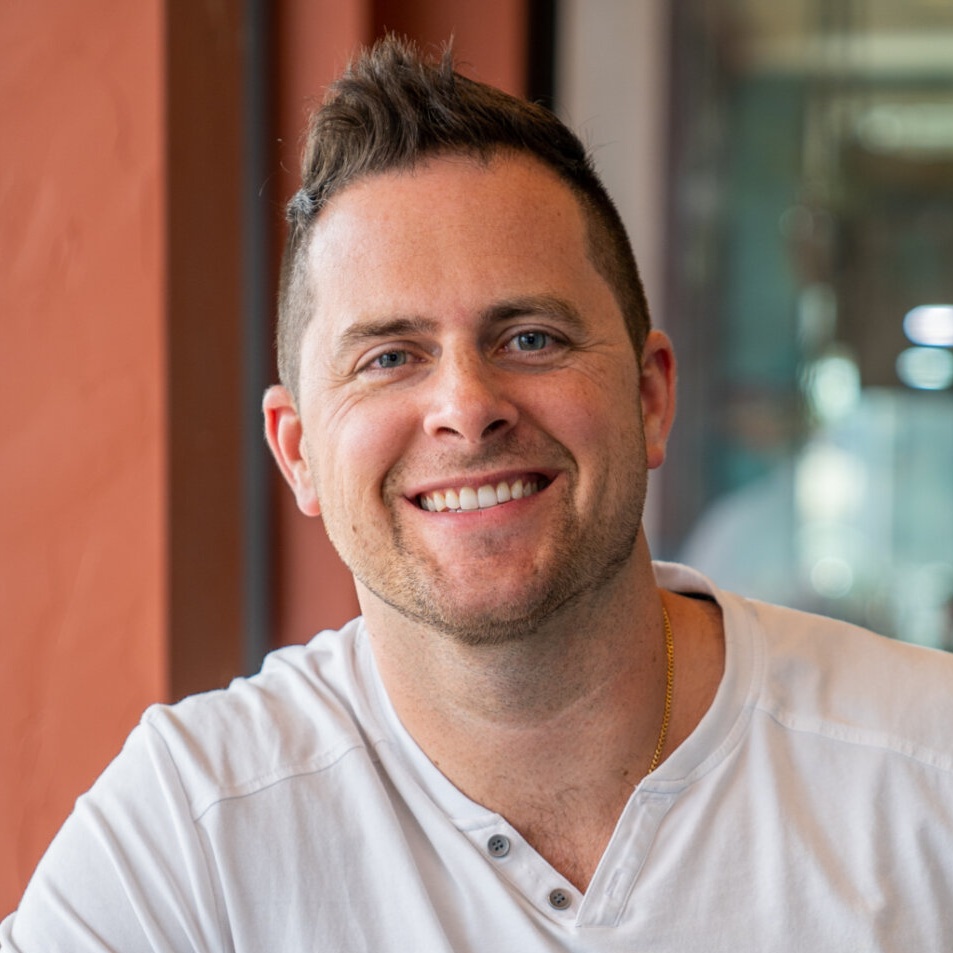Margaret: Hi Sharks, my name is Margaret Yumo. I live in New York City, and today I’m seeking $350,000 for 5% of my company, Kahawa 1893 Coffee. Sharks, did you know that the best coffee in the world grows in Kenya? I would know; I grew up on my grandfather’s coffee farm there. We Kenyans are very proud of the coffee that grows on our soil, but there’s a catch. The farmers don’t always earn enough for the delicious coffee they produce. In fact, 90% of the labor in coffee comes from women, but many are not compensated because they don’t own the land.
Margaret: That’s why I created a new way to compensate coffee farmers. At Kahawa 1893, we source our coffee directly from women farmers in Africa. But that’s not all—we go one step further. Our customers can tip the coffee farmers, and we match the tips. So, Sharks, who’s ready to brew a coffee revolution, share the wealth, and change the story of coffee for good?
Margaret: We have over 16 different coffees. Robert, I know you like a dark roast, and we have an African Spice Coffee with chai spices—a very popular coffee drink in Kenya.
Robert: Oh, that’s a good coffee.
Barbara: I’m a tea girl, but that’s a good cup of coffee.
Mark: And you, Robert, don’t drink coffee?
Robert: I’m English; I like a cup of English breakfast tea.
Lori: I don’t know how you survive that. This iced coffee is very smooth.
Robert: That’s really nice. I’m going to give you a 9 out of 10 on the coffees. I’m very particular about my coffee.
Margaret: I’m glad to hear that.
Lori: When you say “leave a tip,” how does that work?
Mark: Yeah, who leaves the tip, and how?
Margaret: On the back of the bag, there’s a QR code that the customer scans. It takes them to a landing page where they can enter their information and leave the tip.
Mark: What happened in 1893?
Margaret: That’s when coffee was first commercially grown in Kenya. Coffee is originally from East Africa. “Kahawa” means coffee in Swahili, which is the language we speak in Kenya. With Kahawa 1893, we’re celebrating the rich origins of coffee in Africa.
Barbara: Explain why female farmers are not properly remunerated in Kenya.
Margaret: It comes down to the cultural context. In Kenya, the male member of the household typically owns the land. So, when we buy coffee, the payments go to the male member, but the women do the harvesting and processing. When we send the tips, we make it clear that they are for the women, and the men respect and support that.
Robert: How much have you donated via tips from your customers, and how much have you matched?
Margaret: So far, we’ve donated $10,000, and we’ve matched another $10,000.
Lori: That’s amazing! I’m fascinated because you said you came from this background.
Margaret: Yes, I grew up there and got a scholarship to come to the US for undergrad.
Matt: Interesting. So, I was just doing some research. “Kahawa” means coffee. It’s descriptive and can’t be registered as a trademark by itself because it’s the product they’re selling.
Matt: There’s this thing called the doctrine of foreign equivalence. Any word in a foreign language gets translated back to English for registration purposes, so you can’t register it. “Kahawa 1893” might be registrable, but it’s not a great brand name.
Matt: What’s interesting is that there are lots of players in this space. There’s the Good Kahawa Company, which owns the registration for Kahawa 1893. However, an individual named Shivan filed her own trademark application for the same thing. Starbucks also has an application for Kahawa.
J.D. Houvener: When I look at that packaging, I see Starbucks right away. There’s something familiar about it.
J.D. Houvener: With trade dress, Starbucks might have something to say about that.
J.D. Houvener: On the patent side, the novelty here is the business method of tipping directly to the women farmers. It’s a cool concept but might not be patentable unless there’s some technology involved in applying the tip.
J.D. Houvener: Good points. That’s all for our show. Thank you, Matt, for being here. We’ll be back next week. Have a great week, everyone!
